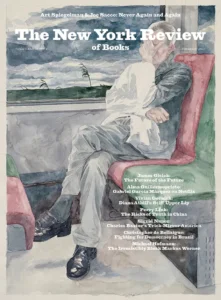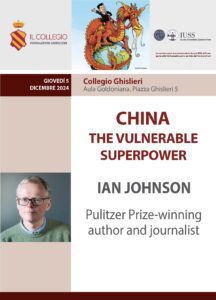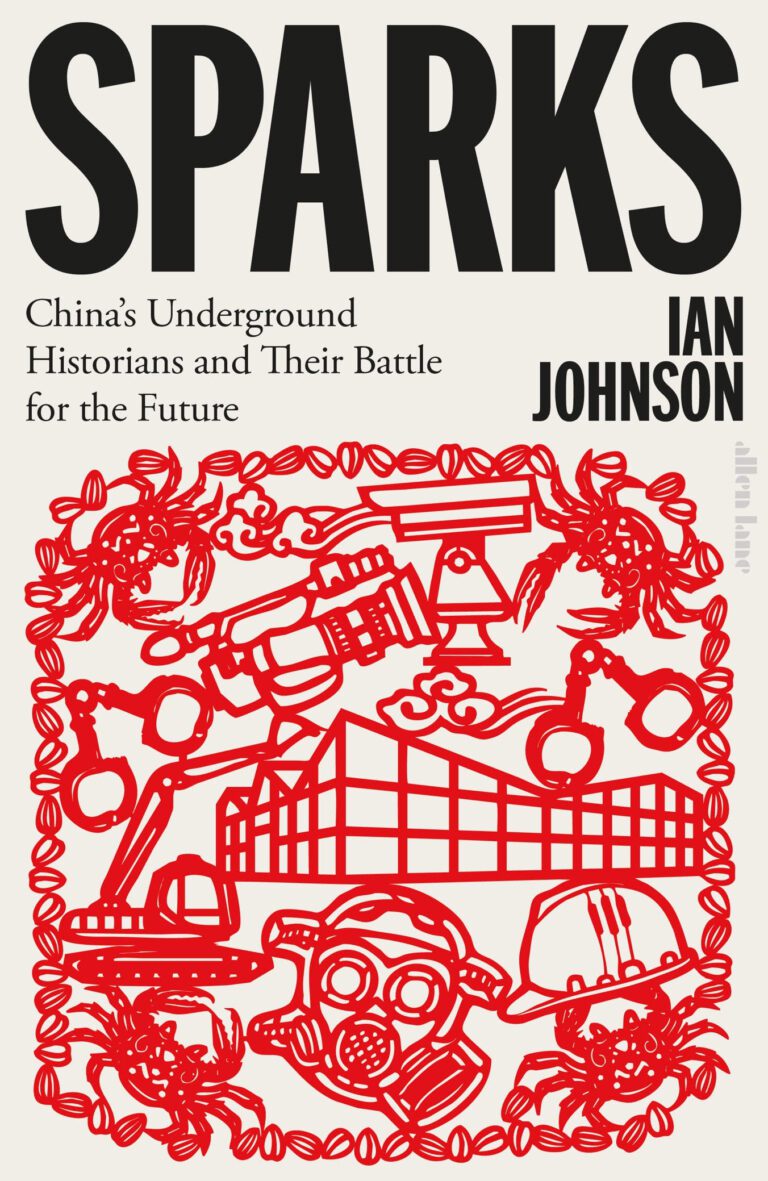Advance Praise
For more than three decades, Ian Johnson has conducted some of the most important grassroots research of any foreign journalist in China. With Sparks, he turns his attention to history—not the sanctioned, censored, and selective history promoted by the Communist Party, but the independent histories that are being written and filmed by brave individuals across the country. This book is a powerful reminder of how China’s future depends on who controls the past.
—Peter Hessler, MacArthur grantee, National Book Award Winning author of Rivertown, Oracle Bones, and Strange Stones.
An indelible feat of reporting and an urgent read, Ian Johnson’s Sparks is alive with the voices of the countless Chinese who fiercely, improbably, refuse to let their histories be forgotten. It’s a privilege to read books like these.
—Te-Ping Chen, author of Land of Big Numbers, and Wall Street Journal national correspondent.
China’s most famous modern writer Lu Xun predicted that “as long as there shall be stones, the seeds of fire will not die.” In Sparks Ian Johnson introduces us to a new generation of unofficial historians — modern-day “seeds of fire.” Their work will survive the Xi Jinping era, both to shed light on the past and to illuminate China’s better future.
— Geremie R. Barmé, editor, China Heritage.
Ian Johnson’s Sparks was a revelation: this historian from overseas spent years penetrating the world of underground Chinese historians, becoming in his own right a recorder of pioneers such as Hu Jie, Ai Xiaoming, and Jiang Xue, who use text and video to record China’s lost history.
—Liao Yiwu, author of The Corpse Walker, God is Red, For a Song and a Hundred Songs, and recipient of the Peace Prize of the German Book Trade.
Sparks tells the stories of underground historians who are determined to write down China’s hidden histories of famines, political campaigns, massacres, and virus outbreaks. These stories show why Xi Jinping wants to control history–because memories like these are sparks of light in a heavy darkness.
—Li Yuan, New York Times columnist and host of the Bumingbai podcast.
In the long years of Chinese people’s pursuit of justice and equality, preserving historical truth has always been a fierce but invisible battle. As Ian Johnson’s Sparks shows, today’s fighters for the truth are backed by vast armies—the seen and unseen, the living and the dead—who together are prying open the lies on which totalitarianism is built.
—Cui Weiping, Beijing Film Academy professor, translator of Vaclav Havel into Chinese.
Ian Johnson has presented a powerful narrative of how the human spirit has survived the cruel repression of Maoist totalitarianism and is still doing the same against Xi Jinping’s determined efforts to impose a new form of digital totalitarianism. In telling the individual stories of Chinese citizens who choose to defend freedom and dignity, Johnson has also provided a powerful illustration of how Xi’s repressive regime works. A must read for anyone interested in the Chinese and China.
—Steve Tsang, historian of Hong Kong, director of the China Institute at the School of Oriental and African Studies, London.
This is a necessary book charged with historical urgency. The sparks, left by the eponymous underground magazine suppressed in the 1950s, are preserved here and ready to burst into a firestorm.”
—Ha Jin, author of the National Book Award-winning novel Waiting
This compelling and highly enjoyable book will greatly enhance the general reader’s understanding of the subtle counter-currents of resistance at work in Chinese society below the smooth surface of control and compliance. In fifteen chapters and a conclusion, the author provides a comprehensive and detailed picture of what he calls “underground history” and its practitioners in mainland China—amateur or one might say guerilla historians who devote considerable efforts to reconstructing the past through independent inquiry, bypassing and challenging state-condoned narratives of the past.
—Sebastian Veg, author of Minjian: The Rise of China’s Grassroots Intellectuals, professor of history at the School for Advanced Studies in the Social Sciences, Paris.





